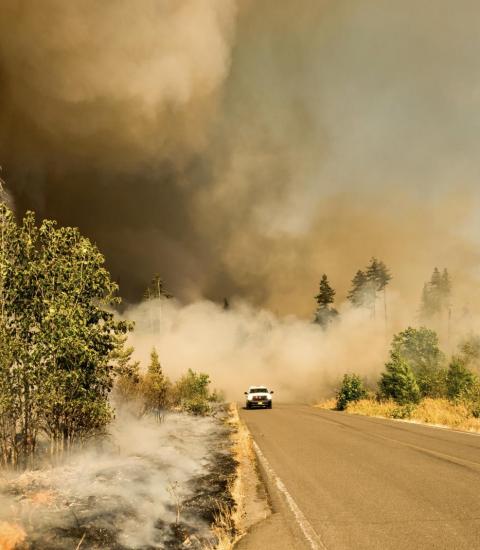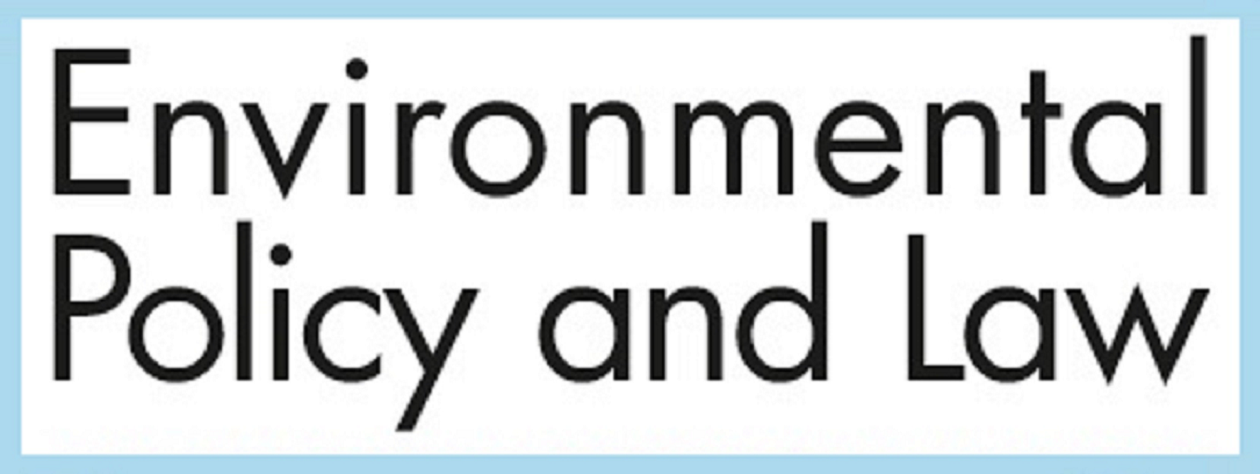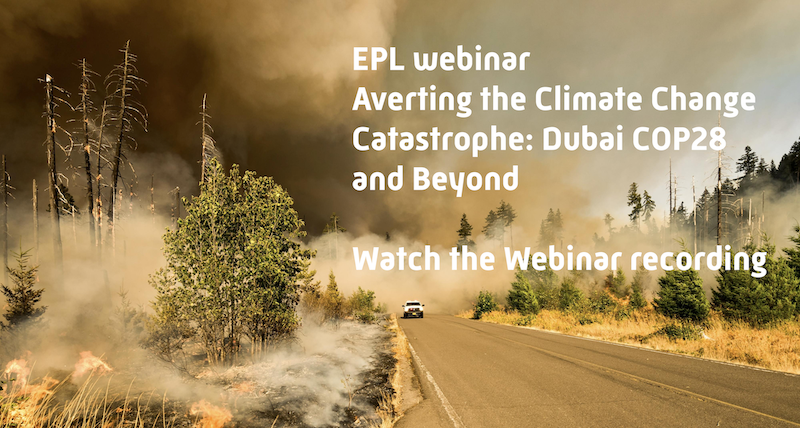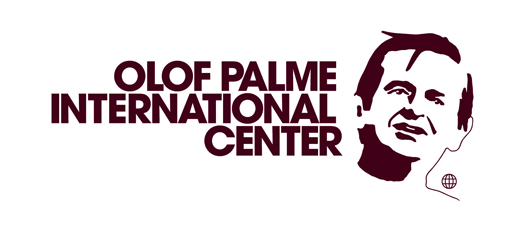Those people who joined on December 10 were able to participate and submit questions directly to the speakers during the event.
The recording of webinar can be viewed below, or watch online via the IOS Press YouTube channel here.

Watch the Webinar recording here
The journal Environmental Policy and Law (EPL) and IOS Press is pleased to invite you to watch the recording of this webinar.
Background
With 197 Parties, the UNFCCC has been designed as a ‘framework convention’. It became one of the first global instruments that designated climate change as a common concern of humankind. With subsequent two instruments, 1997 Kyoto Protocol and 2015 Paris agreement, the climate change regime now comprises three legal instruments that seek to address the global climate problematique. The completion of 31 years (1992-2023) of the UNFCCC provides a unique opportunity to look back at the journey of global climate change regulation so as to look ahead for attaining the objective (Article 2) of “stabilization of greenhouse gas concentrations in the atmosphere at a level that would prevent dangerous anthropogenic interference with the climate system”. In April 2022, the IPCC AR6 explicitly stated: “Total net anthropogenic GHG emissions have continued to rise during the period 2010–2019… about 12% (6.5 GtCO2-eq) higher than in 2010 and 54% (21 GtCO2-eq) higher than in 1990”. In view of this, the near future regulatory goal has been pegged at the 1.5 C global warming by 2050. The UN Secretary-General, in an address at the Stockholm+50 Conference (June 02, 2022) gave a clarion call for addressing climate change as one of the “triple planetary crises”. Now UNEP’s Emissions Gap Report on October 27, 2022 has reinforced the global concerns that “the international community is falling far short of the Paris goals, with no credible pathway to 1.5°C in place. Only an urgent system-wide transformation can avoid climate disaster”. This prognosis and the projections, have set the stage for averting the climate change catastrophe. What lies in store at the Dubai COP28 (Nov. 30-Dec. 12, 2023) and beyond?
It is in the above context that the EPL Webinar on the World Human Rights Day, with a panel of eminent scholars, will seek to examine questions such as the following:
- Going by the scientific reports on global climate change (IPCC; UNEP, WMO etc), what do they portend for the future of the humankind and the planet Earth?
- How does one assess the performance of the UNFCCC’s annual meetings (27 sessions held so far and the Dubai COP 28) of the Conference of Parties?
- Will it be desirable for the UN General Assembly, to redraw the legal and political strategy to combat global climate change after 35 years (reso. 43/53 of Dec. 06, 1988)?
- What do we expect from the ICJ advisory proceedings in Obligations of States in Respect of Climate Change (requested by the UNGA resolution 77/276 of March 29, 2023)?
- What solutions can scholars provide for averting the climate change crisis?
- What can we expect from the Summit of the Future 2024 (September 22-23)?
Program
- Welcome by: Marten Stavenga (IOS Press, Amsterdam)
- Introduction by: EPL Editor-in-Chief Bharat Desai (Jawaharlal Nehru University)
Discussion moderated by: Bharat H Desai, EPL Editor-in-Chief
Panel of speakers:
- Daniel Bodansky, Regents’ Professor, Sandra Day O’Connor College of Law, Arizona State University, USA
- Kirk Junker, Professor of Law, University of Köln, Germany
- Le Teno Sandrine, CNRS Research Director, Aix-Marseille University, France
- Susana Borràs-Pentinat, Professor of International Public Law and International Relations, Rovira i Virgili University- Faculty of Legal Sciences, Spain
- Closing remarks by: EPL Editor-in-Chief Bharat Desai, Jawaharlal Nehru University
The webinar lasts maximum 1,5 hours.
Supporting organizations:
– International Council of Environmental Law ![]()




